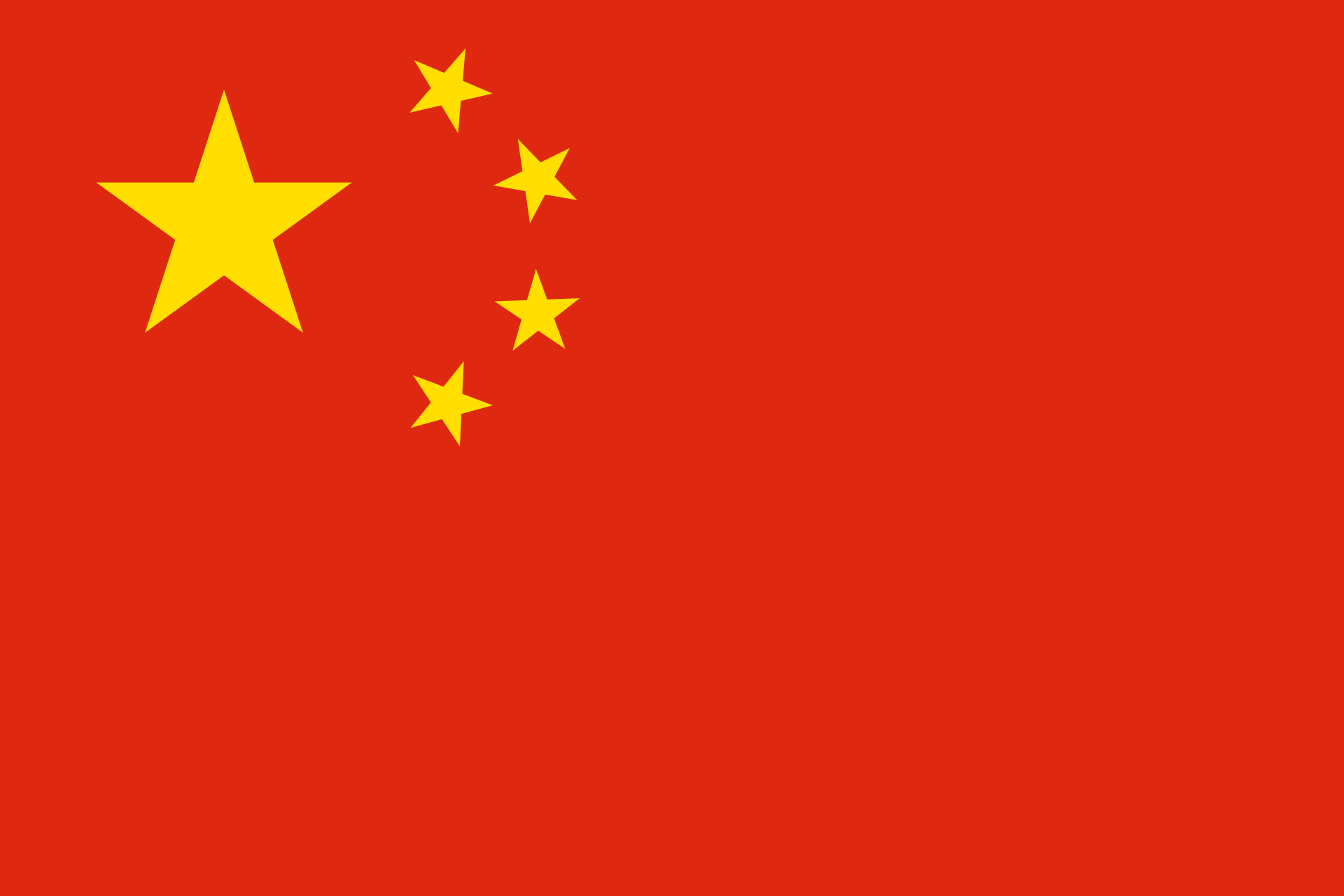
Maritime
Egypt
Democratic People's Republic of Korea
Cambodia
Brunei Darussalam
LA FREGATE ET LA MODERNITE
The voyage of the Russian writer, Ivan Gontcharov (1812 -1891) on the frigate Pallada from 1852 to 1855 was a journey of symbolic importance. The author came from a wealthy background, working as a merchant in the family grain business; yet, disillusioned with this, he joined the Pallada and set off on a journey that took him to England, Africa, Japan, and then overland back to Russia.
Problématique de l’Epopée. Routes terrestres et maritimes
In spite of its difficulty, the study of orally transmitted traditions, such as sung epics, provides fascinating insight into a society’s culture. On the island of Palawan and among the Buryats living in the forests of Siberia, epics mostly dealt with the quest for marriage partners, acts of heroism and the overcoming of conflicts which led to social harmony and cohesion. In both these cultures, which were based on hunting and the exchange of goods, the epics were sung by shaman-bards.
Les routes orientales du papier
Paper first appeared in China in the 2nd century BC, and it was massively diffused from the 2nd century AD onwards. Paper making techniques evolved significantly during the first centuries of our era. The new material was used for various purposes, and it progressively replaced wood tablets, bamboo tablets, and eventually silk as a support for writing. Paper was exported to neighbouring countries, such as the kingdom of Silla on the Korean peninsula, Japan, Vietnam, and later Tibet and India.
L’astronomie nautique le long de la route maritime de la soie
Persian and Arab sailors were the first to venture into the open sea outside the view of the coast. As a result, they had to elaborate universal systems of navigation based on the positions of the stars. According to literary sources, Chinese pilots had sailed into the open sea on their way to the Malay Peninsula by the 7th century. By the 15th century, they used similar navigation systems to their Persian and Arab predecessors.
Zanzibar
©UNESCOThis platform has been developed and maintained with the support of:
Contact
UNESCO Headquarters
7 Place de Fontenoy
75007 Paris, France
Social and Human Sciences Sector
Research, Policy and Foresight Section
Silk Roads Programme



